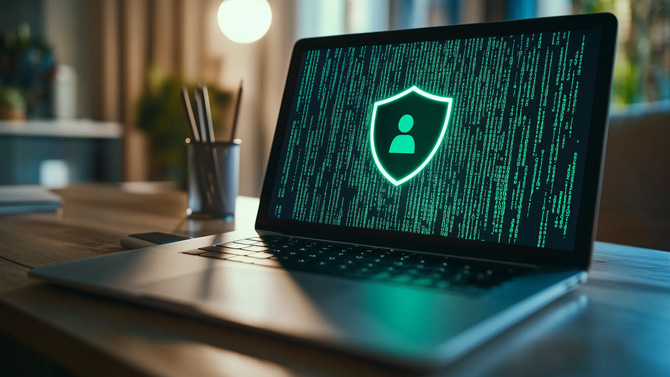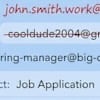Many of us postpone system updates, but this time it's critical. If you're using a Windows PC, install the latest updates immediately to protect yourself from three severe vulnerabilities (CVE-2024-43047, CVE-2024-43572, and CVE-2024-43573). These security flaws are so serious that the Cyber Defense Agency has warned federal employees to update their systems by October 29 or stop using them altogether. Hackers are already exploiting these weaknesses, potentially exposing your device and personal data to significant risks.

How these vulnerabilities could impact you
Cybercriminals are exploiting three distinct vulnerabilities. Each allows hackers to take control of your PC, steal your personal information, or crash your system. You could be hacked without your knowledge by downloading a seemingly harmless file, visiting a compromised website, or simply being connected to the internet. Here's a breakdown of these threats.
Hackers can take control of your PC without your login information (privilege escalation)
This vulnerability lets hackers gain full control over your computer without needing your login credentials. You could be tricked into downloading an app or file that seems safe, like a game or a productivity tool, but hidden inside is a way for hackers to sneak into your system. Once they’re in, they can access your files, change your settings, install harmful software, or even lock you out completely.
Hackers can infect your computer just by you being online (remote code execution)
This is perhaps the most concerning vulnerability because you don’t even need to click on anything suspicious to be attacked. Just connecting to the internet is enough if you visit the wrong website or use an outdated app. Hackers can run malicious programs on your PC, installing ransomware that locks up your files or stealing your personal information like bank details and passwords – all without you knowing until it’s too late.
Hackers can crash your PC (denial-of-service attack)
While not as severe as the others, this vulnerability can still cause major disruption. Hackers can crash your system by overwhelming it with too much data, leading to constant freezing or shutdowns. You might not lose any data, but you could find yourself unable to use your computer for hours, days, or even longer, depending on how bad the attack is.
Read more: The Best VPNs for Protecting Your Privacy
How to check if your Windows PC is updated
To ensure your PC is protected, follow these simple steps. You’ll want to check for security updates dated October 8, 2024, and later.
For Windows 11, click the “Start” button, then select “Settings” (the gear icon). On the “Home” tab, select “Windows Update” in the main pane (at the top).
For Windows 10, click the “Start” button, then select “Settings” (the gear icon). Go to “Update & Security” and click “Windows Update.” Select “Check for updates” and install any updates that are available.
While you are in the Settings app, set your PC to automatically download and install updates to avoid missing future patches.
Read more: The Most Useful Windows 11 Keyboard Shortcuts
Final thoughts
I know it's tempting to ignore or postpone update notifications, but the risks of waiting far outweigh the minor inconvenience of restarting your PC. Hackers quickly exploit newly discovered vulnerabilities, and these particular security loopholes are too serious to ignore. Don't wait until it's too late; update your system now.
[Image credit: Midjourney]
For the past 20+ years, Techlicious founder Suzanne Kantra has been exploring and writing about the world’s most exciting and important science and technology issues. Prior to Techlicious, Suzanne was the Technology Editor for Martha Stewart Living Omnimedia and the Senior Technology Editor for Popular Science. Suzanne has been featured on CNN, CBS, and NBC.

















From edward perez on October 22, 2024 :: 4:23 pm
thanks for the info.
regarding this “These security flaws are so serious that the Cyber Defense Agency has warned **federal employees** to update their systems by October 29 or stop using them altogether.”
i understand we should keep our systems updated, but what is the probability / cause for concern for folks who are **not** federal employees or corporate employees, that is, regular folks w/ their own Windows system?
Reply
From Josh Kirschner on October 22, 2024 :: 9:04 pm
Hi Edward,
It’s always difficult to judge what the risk is to “regular folks” for newly emerging malware such as this. Once vulnerabilities become known and exploits developed, more hackers jump on the bandwagon looking for targets. We also don’t have much in the way of detail for how these exploits are currently implemented, though some reports are suggesting they are being used in very targeted attacks.
Best,
Josh
Reply